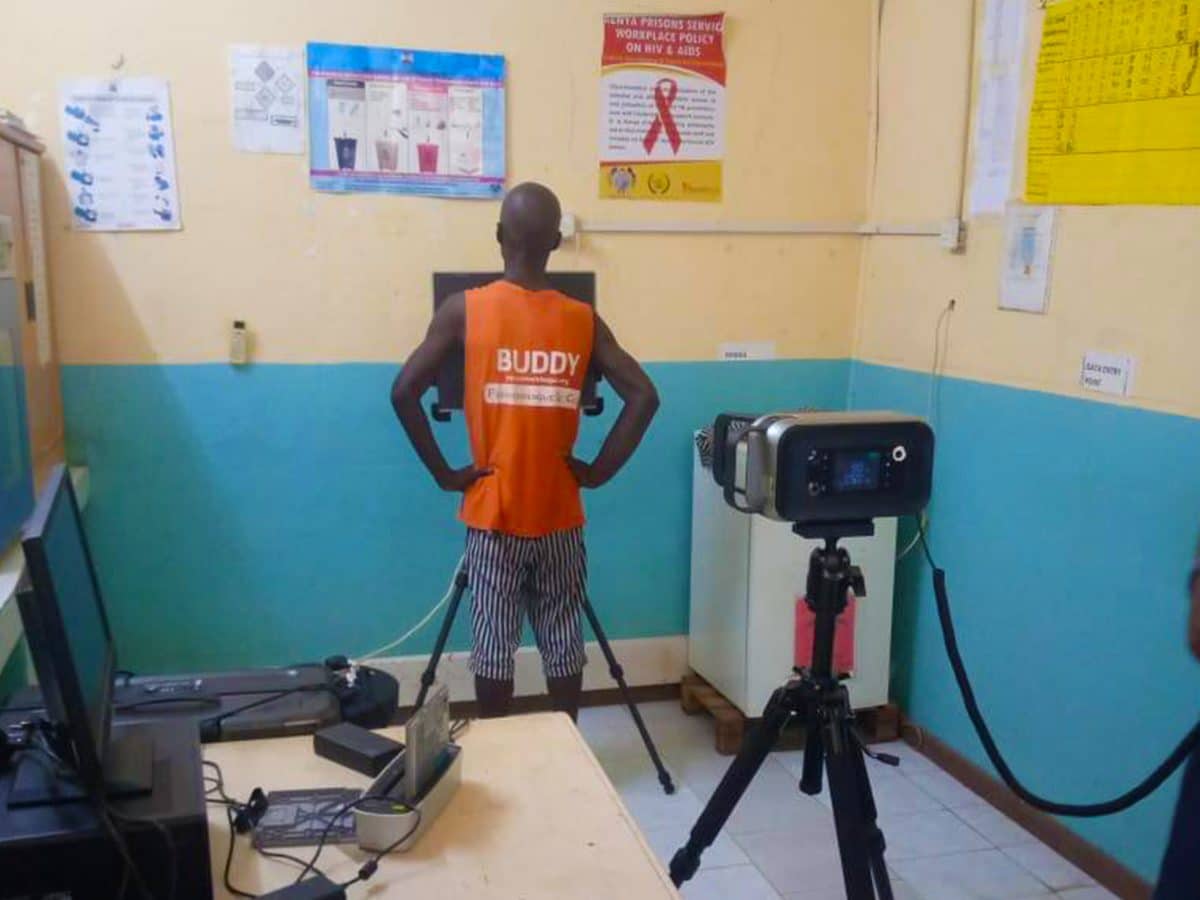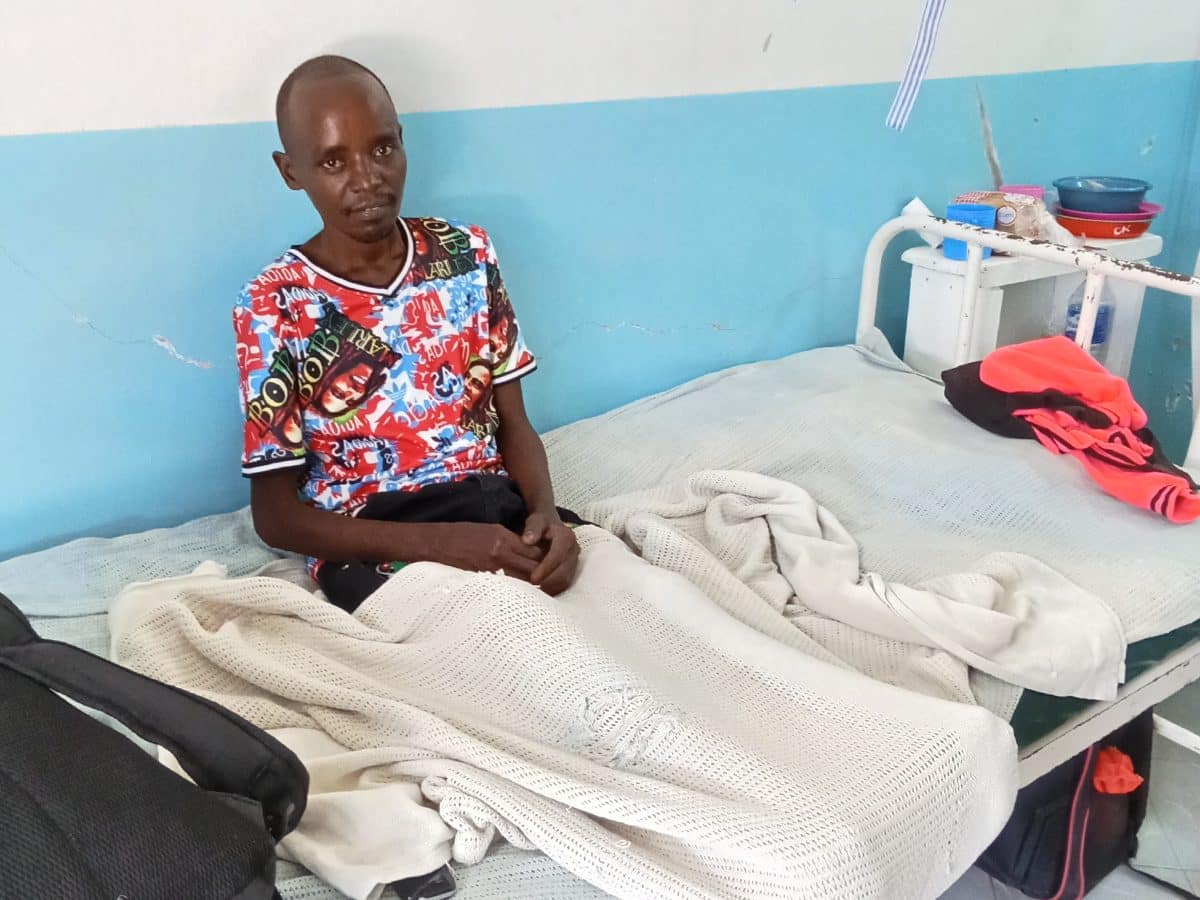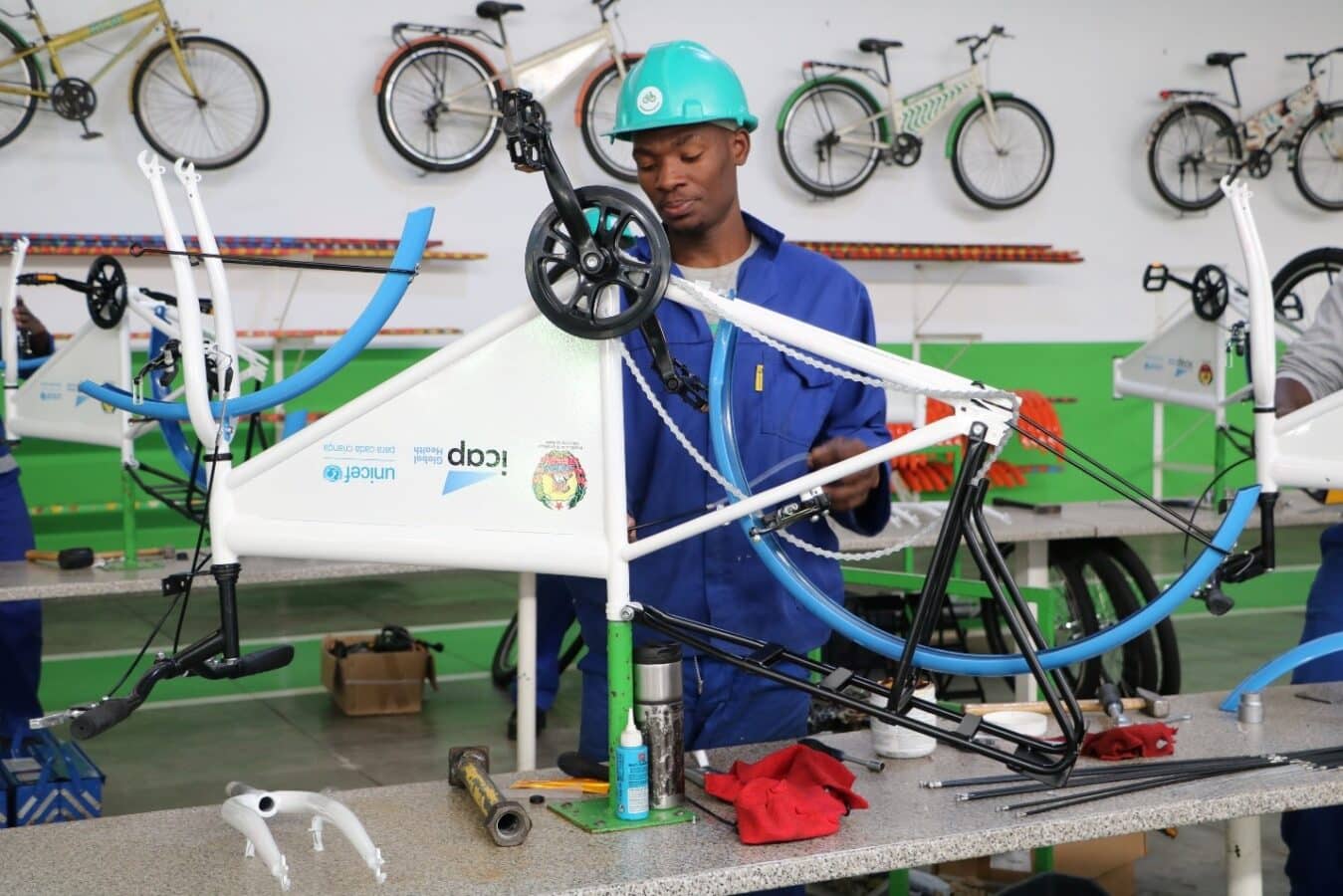With more than 1.5 million people living with HIV, Kenya has one of the largest HIVpopulations in the world and with more than 13,000 new infant HIV infections each year, Kenya accounts for more than four percent of new pediatric infections worldwide. Despite the scale up of HIV care and treatment in Kenya, a shortage of physicians has proven a major obstacle to improving access to care and timely initiation of antiretroviral treatment (ART).
To address these challenges, ICAP’s Global Nurse Capacity Building Program has been partnering with Kenya’s Ministry of Health and the National AIDS and STIControl Program (NASCOP) to build the capacity of nurses to initiate ART treatment and support high quality HIV care at facilities in Kenya’s Eastern and Nyanza regions.
With funding from the President’s Emergency Program for AIDS Response (PEPFAR) through the Human Resources and Services Administration (HRSA), ICAPand its partners are building on results from the ICAP-conducted assessment,expanding and improving HIV prevention, care and treatment at health facilities in Kenya’s Eastern and Nyanza regions.
“Our assessment in eastern Kenya showed nurses were performing a wide range of tasks in HIV care and treatment but many had not been trained and did not feel fully competent to perform some of those tasks. The HIV Nurse Mentoring Guide was designed to fill those gaps and ensure training and mentorship fit for practice,” said Janel Smith, nurse training and education officer at ICAP.
ICAP is also supporting three doctors to train nurses and clinical officers as part of task sharing efforts. Once trained, nurses and clinical officers return to ICAP-supported health facilities to further mentor nurses in HIV care and treatment using a combination of innovative online training, hands-on practice in HIV care settings, and group discussion.
Since June 2014, ICAP has facilitated HIV mentorship training for 87 nurses and clinical officers who then mentored 155 nurses in HIV care and treatment. This staff is now initiating ART at 57 ICAP-supported facilities in Kenya.
“Since being trained, I have trained and mentored five nurses who have initiated 30 patients on ART,” said Ann Leich, a nurse from Katalo Manyatta Health Centre, an ICAP-supported facility in Nyanza region.
Nurse-initiated and managed ART is not only bridging a gap in human resources for health, but also helping to decentralize services to peripheral facilities and ensuring broader access to timely ART initiation. Before the role of nurses was expanded, patients were referred to central hospitals further from home, or waited for a visiting clinician, which could take up to a week.
“We do not have to wait for a clinical officer to start prescribing ART for HIV-infected women at our PMTCT clinic,” said Regina Musau, a nurse at Athi River Health Centre, an ICAP-supported facility in Eastern region.
“Nurses have been essential to achieving PEPFAR goals and country specific targets and are critical to sustaining adult coverage and retention in care, said Dr. Susan Michaels-Strasser, Project Director of the Global Nurse Capacity Building Project at ICAP. “We now want to take the lessons learned in adult care from countries such as Kenya to improve care for exposed infants and infected children.”







